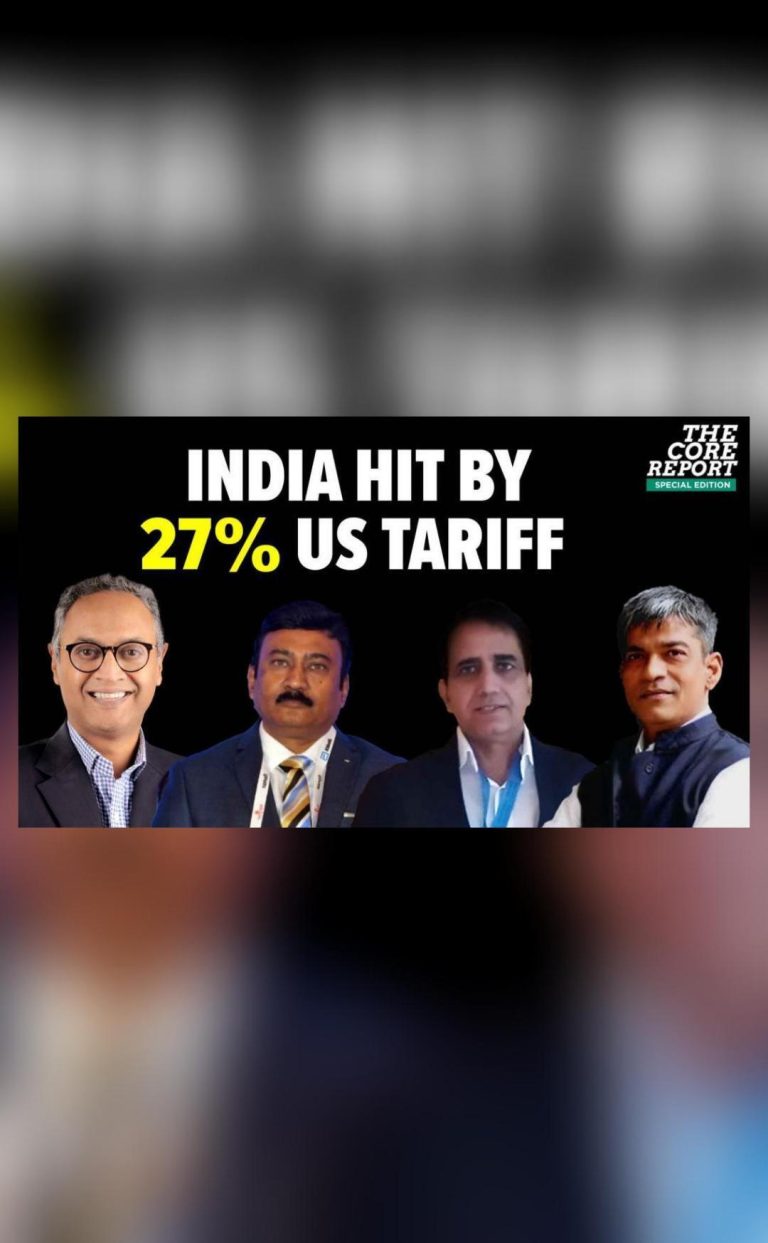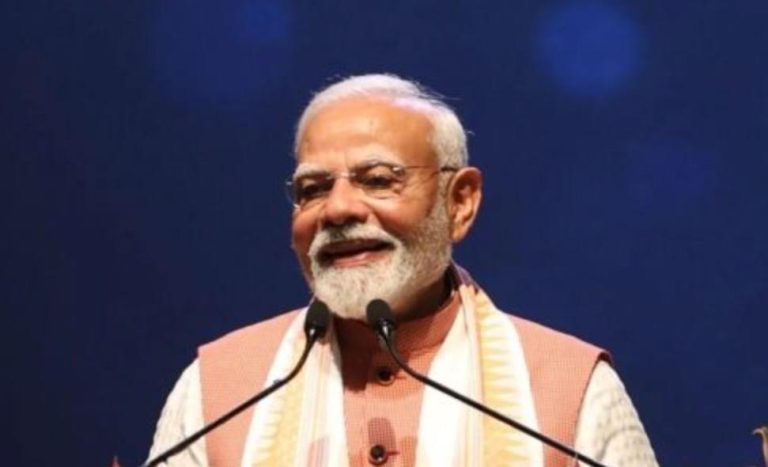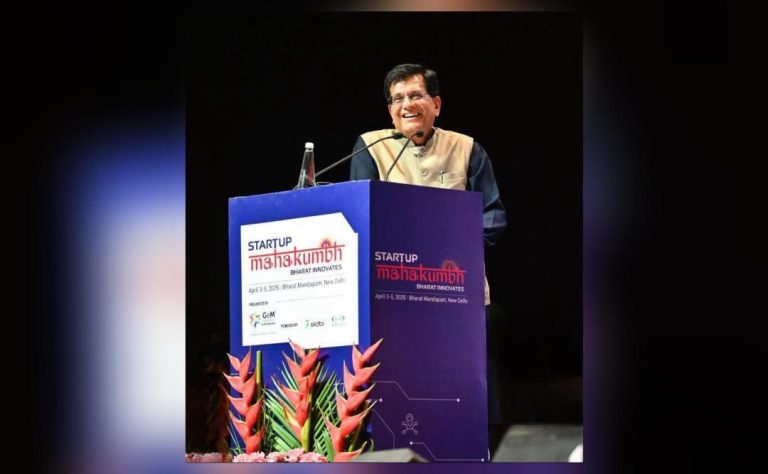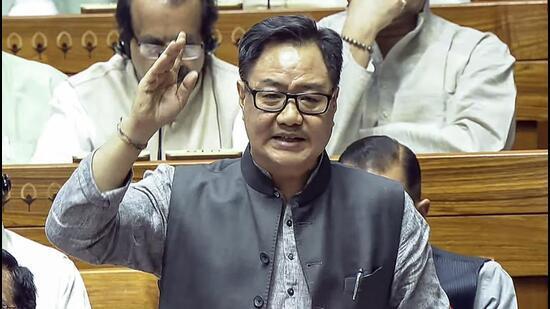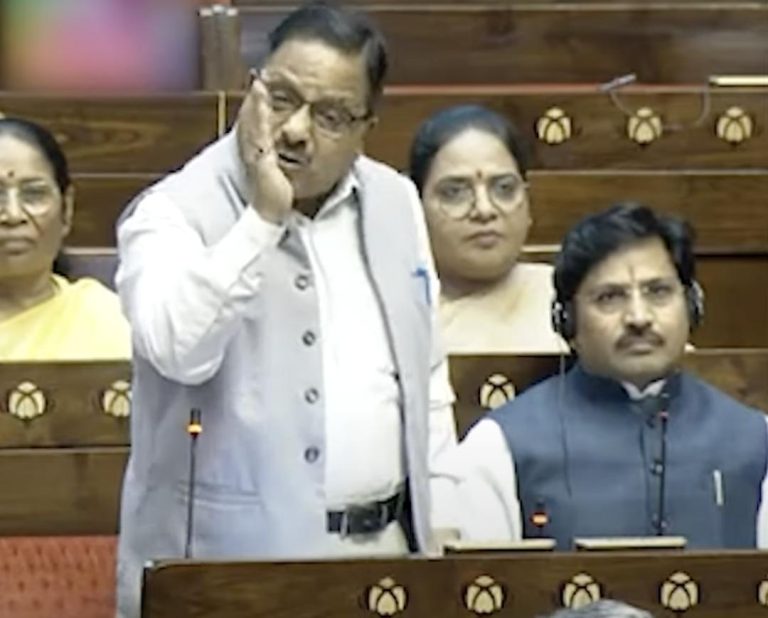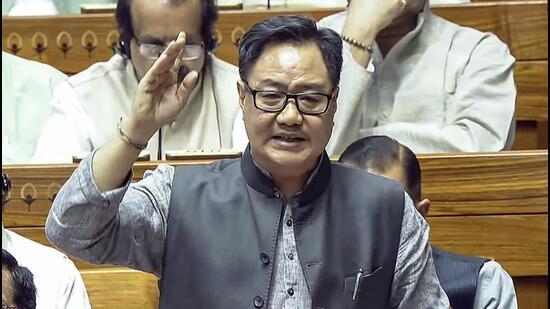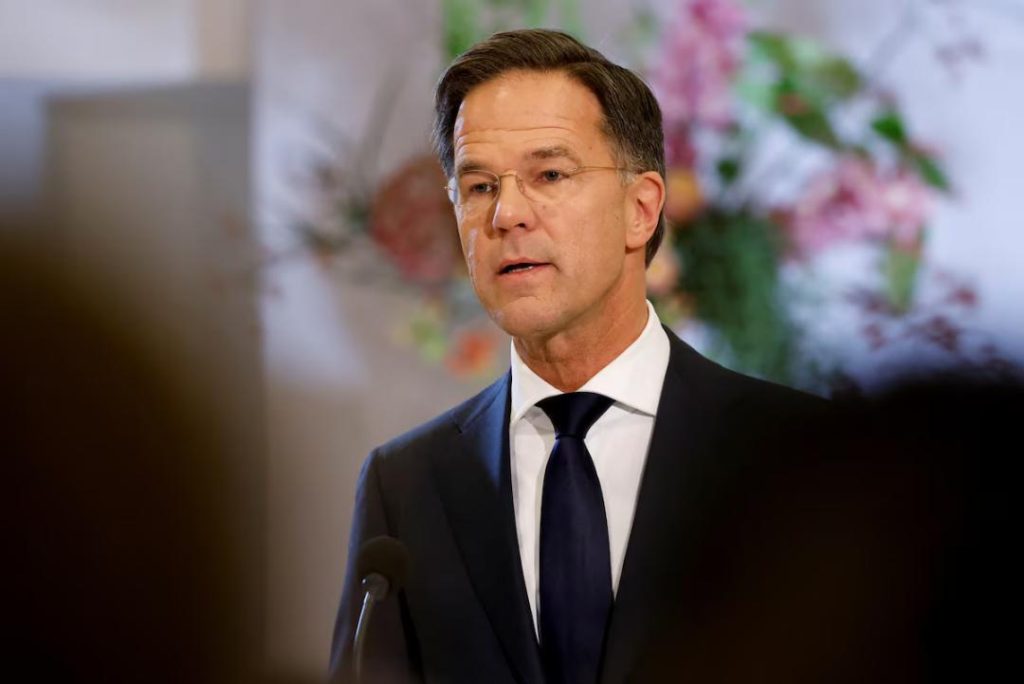
We Must Build a Stronger, Fairer, More Lethal NATO Alliance: Chief
As the global landscape continues to shift and evolve, the need for a strong and effective defense alliance has never been more pressing. In a recent statement, NATO Secretary General Mark Rutte emphasized the importance of building a “stronger, fairer, and more lethal” NATO alliance to meet the challenges of the 21st century.
Rutte’s call to action comes at a time when the world is facing a multitude of security threats, from the aggressive actions of hostile nations to the growing concerns of terrorism and cyber warfare. In a rapidly changing world, the need for a robust and adaptable defense alliance has never been more crucial.
At the heart of NATO’s mission is the concept of collective defense, which is the foundation on which the alliance was built. This principle is simple yet powerful: an attack on one member state is considered an attack on all. This commitment to mutual defense has been a cornerstone of NATO’s success, providing a sense of security and stability to its member states.
As Rutte noted, collective defense is and will remain NATO’s number one priority. It is this commitment to defending one another that has allowed the alliance to thrive for over seven decades. However, in a world where threats are becoming increasingly complex and nuanced, NATO must continue to evolve and adapt to meet the challenges of the 21st century.
One area where NATO must focus its efforts is on modernizing its military capabilities. The alliance’s member states must work together to develop and deploy the latest technologies, from advanced fighter jets to cutting-edge cyber warfare capabilities. This will enable NATO to respond quickly and effectively to emerging threats, providing a deterrent to hostile nations and a sense of security to its member states.
Another critical area where NATO must focus its efforts is on building a fairer and more inclusive alliance. Historically, NATO has been dominated by its European members, with the United States playing a significant role in the alliance’s decision-making process. However, in a rapidly changing world, NATO must recognize the importance of its non-European members and work to build a more representative and inclusive organization.
This is particularly important in the context of the ongoing war in Ukraine, where NATO’s member states have been providing critical support to Ukraine’s armed forces. The alliance must continue to work closely with Ukraine and other non-member states to provide military assistance and support, while also working to build a more robust and effective defense alliance.
In addition to modernizing its military capabilities and building a fairer and more inclusive alliance, NATO must also focus on addressing the growing threats of terrorism and cyber warfare. These threats are increasingly complex and nuanced, requiring a coordinated and effective response from the alliance’s member states.
As Rutte noted, the alliance’s armed forces are working tirelessly every day to provide critical services and support to its member states. From providing humanitarian aid to responding to emerging security threats, the alliance’s armed forces are the backbone of NATO’s defense capabilities. The alliance must continue to support and resource its armed forces, providing them with the equipment, training, and personnel they need to succeed.
In conclusion, NATO Secretary General Mark Rutte’s call to action is a timely and important reminder of the need for a strong and effective defense alliance. As the global landscape continues to shift and evolve, NATO must continue to adapt and evolve, building a stronger, fairer, and more lethal alliance that is capable of meeting the challenges of the 21st century.
This will require a sustained effort from NATO’s member states, working together to modernize its military capabilities, build a fairer and more inclusive alliance, and address the growing threats of terrorism and cyber warfare. By working together and building a stronger, fairer, and more lethal NATO alliance, the world can be a safer and more secure place for generations to come.
News Source:

